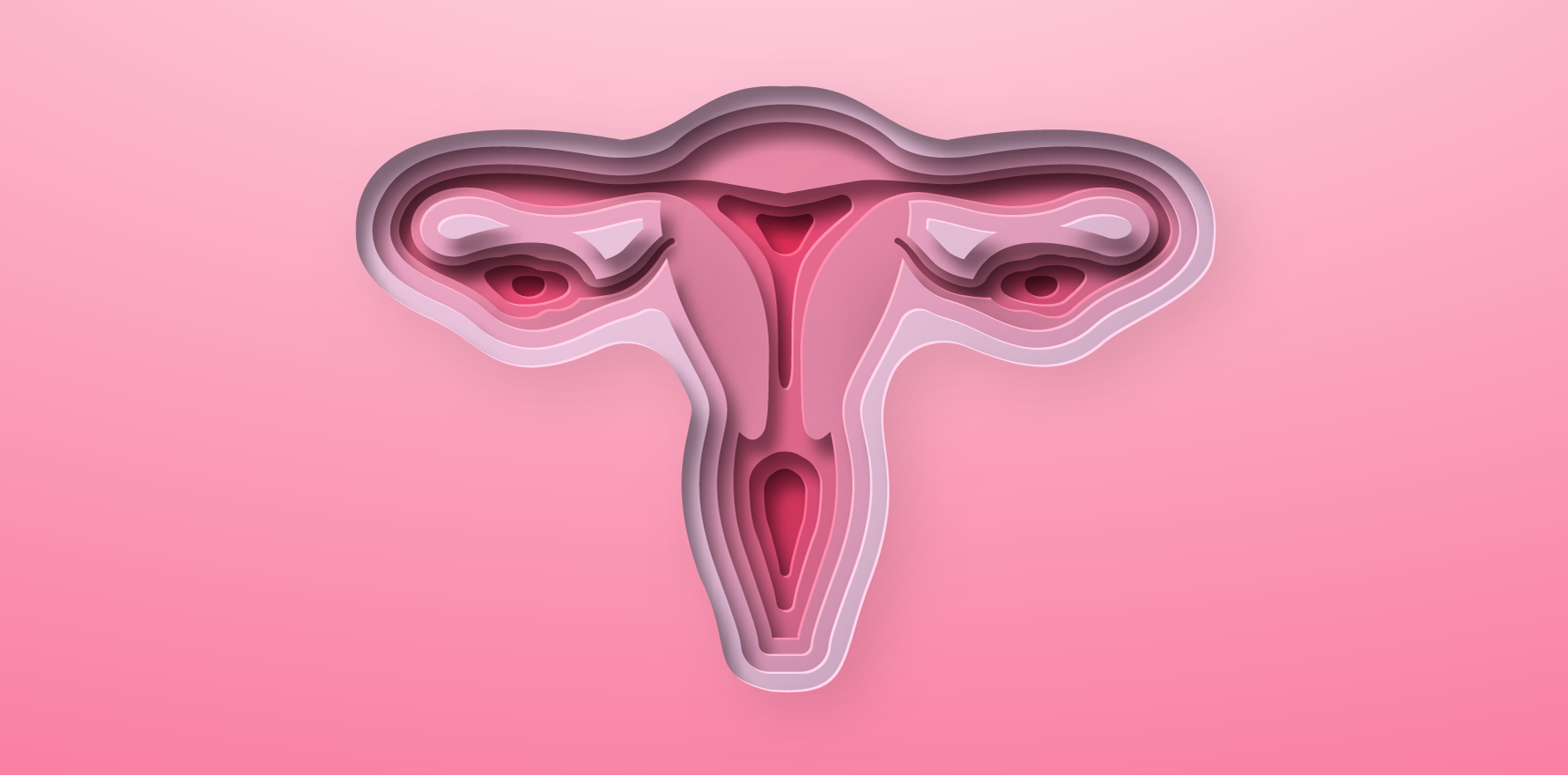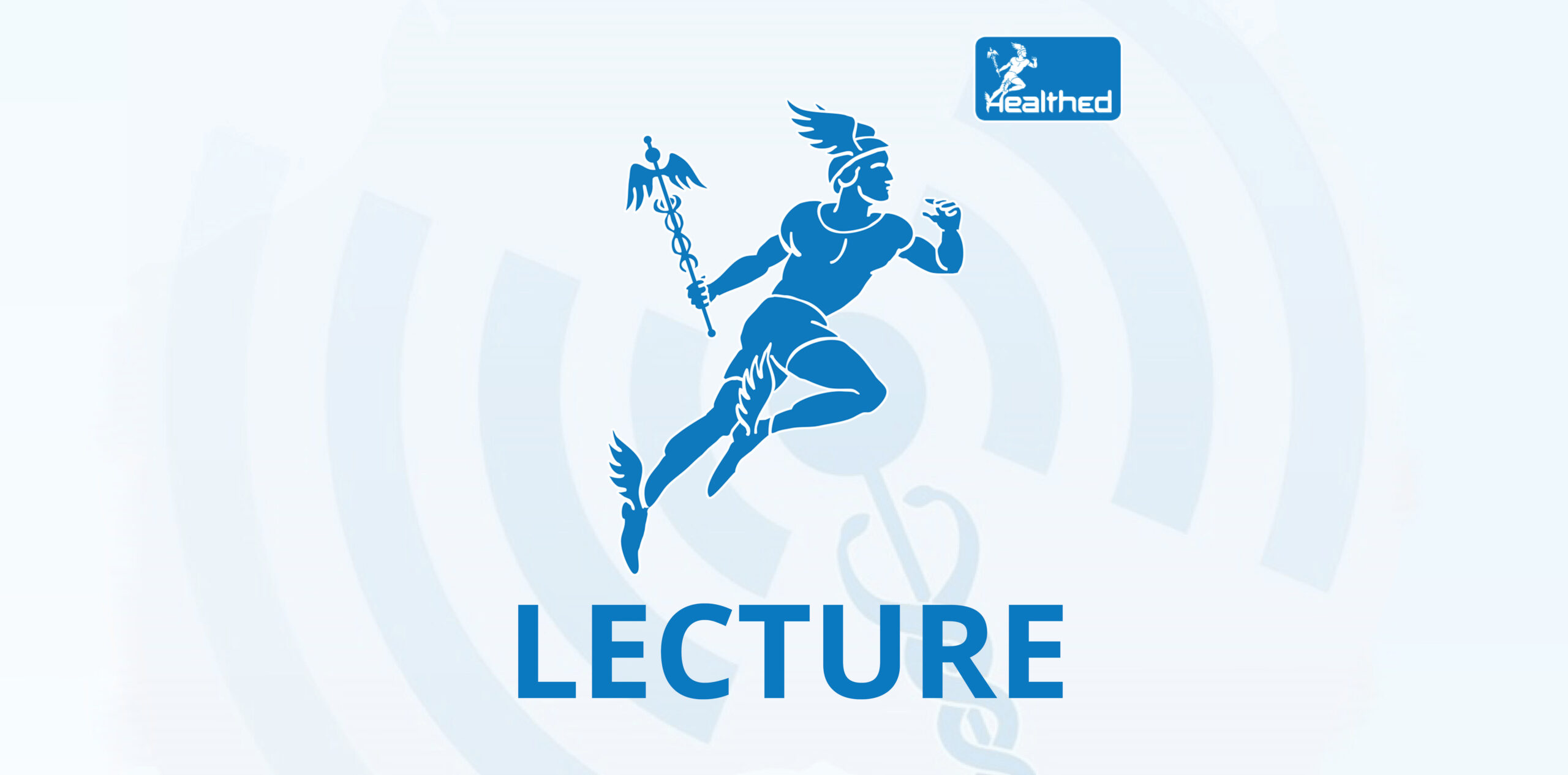The oral medication is the first new option for the painful condition in more than a decade.
The daily oral combination medication approved by the TGA to treat symptoms of endometriosis has brought more choice to patients with the debilitating condition, say experts.
The oral combination medication, Ryeqo, is taken as a single daily tablet and contains the gonadotropin-releasing hormone (GnRH) receptor antagonist relugolix, estradiol and norethisterone acetate.
It’s an alternative to other medications that come as injections or nasal sprays, both of which need to be taken with estrogen and progesterone tablets.
However, Ryeqo is not listed on the PBS and will cost patients around $130 a month.
Ryeqo (Gedeon Richter Australia) has been approved in Australia since September 2022 for the management of uterine fibroids.
Endometriosis Australia’s medical director, Associate Professor Anusch Yazdani, told TMR that Ryeqo brought a significant reduction in pain for women with endometriosis.
“We’re seeing about three quarters of all women will respond with a significant reduction in pain over a 12-month period,” said Professor Yazdani, a subspecialist in reproductive endocrinology and infertility and an advanced endoscopic surgeon based in Brisbane.
The medication also acted as a contraceptive after one month of use, he said.
Professor Yazdani said about half of women who start Ryeqo would stop having periods in the first year, a third would have irregular periods, and the rest would have continued regular periods in that first year.
After one year, about 70% of women would have no periods at all, he said.
Professor Yazdani said Ryeqo was a second or third-line medication and was indicated for women who could not take other medications or for whom other medications had been ineffective.
“In that group of patients this is a new avenue for treatment that wasn’t available before,” he said.
It was not usually initiated in primary care, he said, but “as part of a multidisciplinary review of management options for women who have endo”.
But the medication needs to be monitored by GPs, he said.
“GPs are the centre of the management of persistent pain,” he said.
“The other advantage of that is that this can be used for two years at a time rather than just for six months.”
A small proportion of women will have a significant drop in bone mineral density after starting Ryeqo, so their bone mineral density needed to be monitored, he said.
Professor Yazdani said Ryeqo included estrogen to counteract the effects of the low estrogen that occurred as a result of taking the active ingredient, and progesterone to stop endometrial proliferation.
“A consequence of having these three things together is it minimises the effect on bone mineral density, and it also makes the drug much more tolerable for women because you tend not to have a significant effect in terms of hot flashes, vasomotor symptoms, mood changes, all of those sorts of things that can happen with menopause that can be quite distressing.”
Professor Yazdani said two medications already available on the PBS for endometriosis were goserelin (Zoladex) injections and nafarelin (Synarel) nasal spray, but these could only be taken for six months.
Related
For patients with endometriosis, those medications need to be taken with estrogen and progesterone tablets, he said.
“The disadvantage of that has always been that it means taking three different drugs … either as an injection or as a puffer, and then adding in two tablets which are estrogen, progesterone to minimise the side effects. This now brings all of that into one,” he said.
Professor Yazdani said goserelin and nafarelin suppressed estrogen production significantly and caused menopausal symptoms such as hot flushes and mood changes.
Obstetrician and gynaecologist Professor Louise Hull said Ryeqo was taken daily to suppress periods and stop proliferation of the endometrium.
The medication was suitable for patients who could not tolerate the high levels of estrogen and progesterone in the combined contraceptive pill, said the consultant staff specialist in gynaecology at Adelaide’s Women’s and Children’s Hospital.
“For people who don’t tolerate the pill very well, it is quite a good drug because it keeps levels [of estrogen and progesterone] very low,” she told TMR.
Professor Hull said Ryeqo suppressed ovulation by stopping signalling from the pituitary gland to the ovaries. It was the first oral GnRH agonist available on the market for endometriosis, she said.
Ryeqo could be trialled and stopped easily because it was a tablet rather than an implant, Professor Hull said.
“It’s the first time in about 13 years we’ve had a completely new class of drug for endo,” she said.
“A lot of people with endo find it very hard to find medications that work for them.
“Having another option, particularly for people that don’t tolerate the pill or progesterone – the Mirena and Implanon – or don’t want something inserted in their body, is a great way of trying a different approach that you can take as an oral medication.
“Certainly, the women we had on the trial found that really helpful.”
Professor Hull was involved in early-stage trials for Ryego in Australia involving participants who took the drug for almost a year.
“It suppressed periods very well and they liked the convenience of an oral tablet. It didn’t have to be inserted under the skin or in the womb, or as a sub-cut depo preparation, but they were able to take it as a daily tablet,” she said.
According to the Product Information, other contraindications include venous thromboembolic disorders, migraine with aura, previous heart attack or stroke, thrombophilic disorders, sex steroid-influenced malignancies, liver tumours, severe hepatic disease, pregnancy and breastfeeding.





